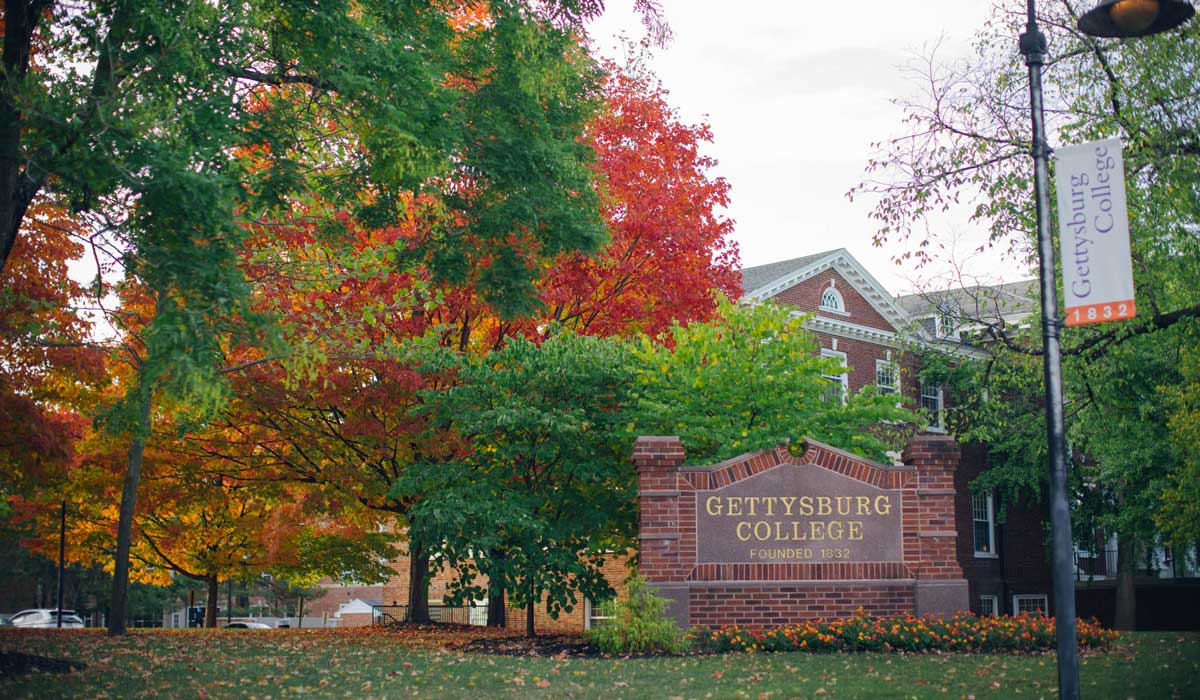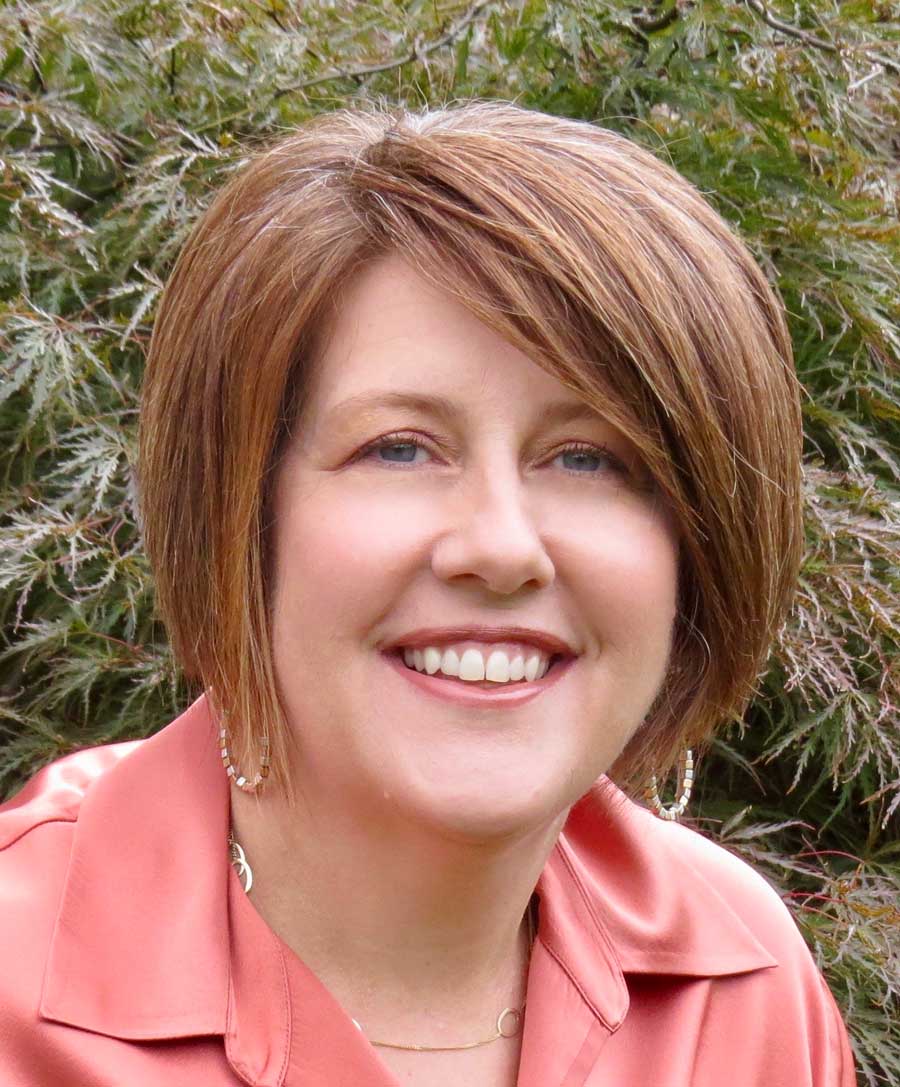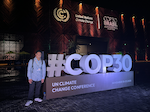

The Lorax in the children’s book of the same name by Dr. Seuss is a champion for environmental protection, the character who stands up to the destructive Once-ler to “speak for the trees.”
Kimberley Crandall Paris ’90 is known as the Lorax by her team at Bank of America, where she is the director of sustainable and impact investing for wealth management. She will soon move to its Global Environment Group, which sets environmental policies and goals for Bank of America. In her current role, she helps financial advisors and investors understand why sustainable and impact investing—investing in companies, organizations, or funds with the goal of achieving positive social or environmental effects while also ensuring a financial return—is both ethically and financially smart.
“I do speak for the trees, but I also educate on how sustainable investing isn’t just about investing with values—it’s about economic impact,” said Crandall Paris, who has worked at Bank of America for 19 years. “Investors can make money while still making choices that are positive for the environment and society.”

Growing up in northeast Pennsylvania and now living in New Jersey, Crandall Paris always had an appreciation for nature and protecting the environment. Today, she drives a hybrid and purchases products for her family that are environmentally sound. While always interested in sustainability, she has not always been interested in finance. In fact, she was an art major at Gettysburg and her first job after graduation was at MTV Networks as an assistant, and later, she worked on program development and graphic design. She was introduced to that job at Gettysburg.
“I actually was working in the Gettysburg Alumni Services Office on a graphic design project when a Gettysburg alumna from MTV called to share the job opportunity,” she said. “I applied, got the job, and spent a few years seeing people like Cindy Crawford in the elevator.”
While at MTV, Crandall Paris continued exploring her interest in the environment and took a class at NYU on environmental business management. She eventually started looking for new career opportunities with more work-life balance and connected with another Gettysburg alumna who was looking for an assistant in the finance world.
“That’s how I discovered my love of finance,” she said. “I found I enjoyed applying my creativity to numbers and communicating what they mean.”
While Crandall Paris no longer uses her art degree explicitly in her professional life, she uses a multitude of skills learned at Gettysburg every day, a tribute to its multidimensional education that integrates both academic and co-curricular experiences.
“Gettysburg particularly taught me how to think outside the box, and to be confident in my thoughts and bold in how I deliver them,” she said. “When your job is convincing people of ideas they may not love in the beginning, that boldness is critical.”
The sustainable investing pathway was not always available at Bank of America. In fact, Crandall Paris and a small working group spent years committed to making the case for why sustainable investing should be a vital part of the Bank’s portfolio, using out-of-the-box thinking to transform the future.
“We took our commitment to the environment and sustainable investing from a passion project to a viable part of Bank of America’s business and I’ve been focused on this piece of the portfolio for 11 years now,” she said proudly.
Crandall Paris remains strongly connected to Gettysburg, speaking on campus, connecting with students, and helping Prof. Drew Murphy launch the Entrepreneurship and Social Innovation Initiative that enables students to explore and develop for-profit start-ups and ideas for new social ventures. Even her personal life is a daily reminder of her positive experience on campus. Her husband, William Paris ’90, is an economics graduate with whom she’s been married 23 years and shares 17-year-old twins.
Today, convincing people of the importance of sustainable investing is not as difficult as it once was. The natural evolution of investing is sustainable, said Crandall Paris, because people care more about these issues and how companies make choices around them affects their bottom line.
“A company’s valuation is made up of tangible assets and intangible assets, like brand reputation and employee satisfaction,” she explained. “Back in the 1970s, it was only 20 percent intangible assets. Today, it’s 90 percent intangible assets! That includes how companies make choices around environmental sustainability and social justice issues like diversity, equity, and inclusion.”
Because of the environment’s increasingly central role in financial decision-making, Crandall Paris predicts that sustainable investing will soon become just investing, full stop. As the Lorax of Bank of America, she looks forward to that day.
By Katelyn Silva
Photo by Miranda Harple and courtesy of Kimberley Crandall Paris ’90
Posted: 01/10/22


